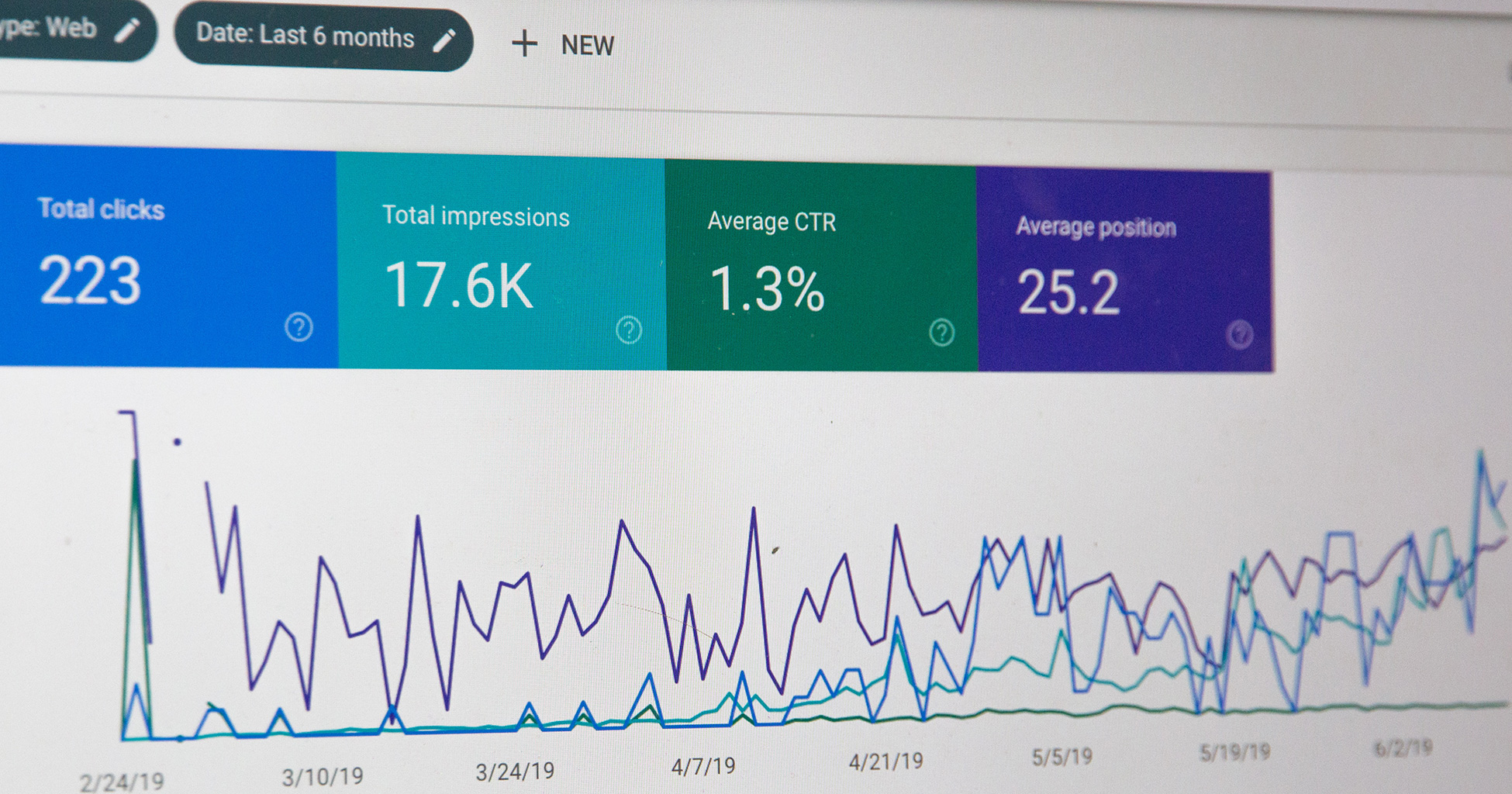Struggling with SEO? If you’ve recently noticed your website rankings slipping down the search engine ladder, or worse – your website seems to have been wiped off of the top few pages of Google – there are many areas worth investigating to reveal underlying causes. Search engines are continuously working to improve how they value content and page rankings, so that bag of tricks used religiously in the past may not yield the same positive results. Algorithm updates occur on a very frequent basis and much more often than we read or hear about. It’s only the major updates, such as Hummingbird, Panda and Penguin that can affect major ranking changes. Here are the top 5 key elements you’ll want to investigate to evaluate your website’s worthiness objectively:
Age: How Old is Your Domain?
Is your site new? If it is, there’s really no need to hit the panic button yet. If you just launched a website in the past month or two, you may want to give it a bit more time before you strangle your web developer. Websites that are less than a month old will not only struggle for non-branded keywords, but you may actually have trouble finding your site, even by searching for the exact domain name itself. This is likely because search engines have not yet started to index your website and its content and are unsure of the trustworthiness of your brand new domain. With over 1-billion web domains worldwide and trillions of web pages, these things take a bit of time. On the other hand if your website has a few years under its belt, you can safely rule out age as the cause of any SEO issues.
Duplicate Content
If the written content on your website is, how do we say… “borrowed”? Then, Houston, we have a problem. Get rid of any pages that contain duplicate content, even if you’ve cleverly edited some of it. At least 70% of any page of your website must contain original work. You’ll score bonus points if you’re able to create topics with unique perspectives and utilize original photography. Search engines can even determine whether your images are original or not, even after re-sizing or renaming files. Not sure if your website contains original or duplicate text? Use one of the dozens of online plagiarism checkers, or simply ‘Google’ a portion of your content.
Shallow Content Pages
Another critical element search engines look for when assessing the value of any of your website’s pages is ‘rich content’. And we’re not talking about the ‘keyword stuffed’ variety, either. If you enter a search query for keywords that relate to a business, such as a product or service, the delivered results are typically based on the most relevant information. Quite often sheer volumes of detailed and original content win battles for top positioning. Occasionally updating and adding to your site’s content can also have the desired result. In extremely competitive industries, you may need to go into painstaking detail on your targeted keywords to win top positioning, including supporting media, such as images, diagrams and interactive features.
Bad Website Content Structure
Maybe your website has chapters of information; pages upon pages of well written content, but page 1 glory is still out of your grasp. If this is what’s happening in your world, take a look at your page structure. While modern search engines are highly intelligent, they still need a bit of hand-holding and explanation to let them know exactly what your page is about. What’s more, your website needs to lend itself to web crawlers and bots that are trying to index your content. Any rich content locked behind password protected areas or payment gateways will be omitted from indexing. Same goes for text within image files or content contained within Flash powered animations.
Take a look at your URLs. Are they clean and readable, containing keywords? Or do they resemble something someone typed by mashing their keyboard? Other critical elements will be contained within your page titles and headlines (H1 tags). Exact match keyword stuffing may have a negative impact, so try to write your content in its natural context, understanding that search engines need only understand the intent of your topics. Don’t sweat the meta keywords, as these haven’t had any ranking value in eons.
Back Links
While it isn’t the ‘be all, end all,’ back links (hyperlinks on other websites that point to your own) are still valued and are one of the fundamental elements of good SEO. Trustworthy pages and domains linking to your website will pass PageRank and elevate the significance of your content in the eye’s of Google. If your website struggles to outrank your competitors, you may want to analyze and investigate the quality and quantity of inbound links that are associated with your domain. While this method takes a great deal of effort and time, directory submissions, social platform affiliations and local citations are time-honoured practices that help search engines determine your website’s overall popularity.
While the above elements are all critical success factors, they don’t stop there. Good SEO practices include everything from an SEO friendly website structure, to rich and interesting content, ensuring that your website is bookmarked, shared and discussed across the Internet.
Contact Us
Have a question or comment about this article? Please don’t hesitate to send us an email. We would love to hear from you!
LET’S WORK TOGETHER
Whether you’re a startup or multi-million dollar organization, we’re up for anything.

